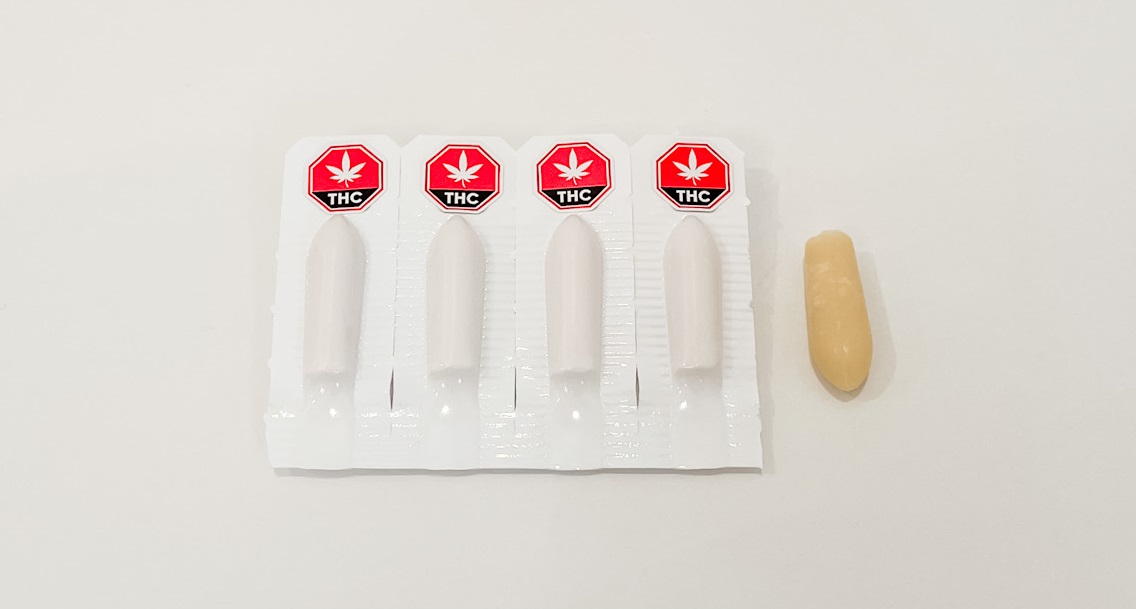A measure signed into law in March to increase access to Utah’s medical marijuana program still hasn’t been implemented, frustrating patient advocates and costing operators potential business.
The measure passed by state lawmakers enables medical providers to recommend cannabis for up to 15 patients without undergoing “Qualified Medical Provider” training, Salt Lake City TV station KSTU reported.
The law was implemented after reports of a lack of participating physicians in the program and that some qualified providers were charging patients an exorbitant $300 to $600 per recommendation.
State regulators told KSTU that they haven’t implemented the new measure yet because of staffing issues and because the software used to enroll the providers requires significant changes.
Despite the delay in increasing program access, Utah’s MMJ market continues to grow steadily since launching in March 2020.
Sales reached only $22.1 million in 2020.
Stay informed with MJBiz Newsletters
MJBiz’s family of newsletters gives cannabis professionals an edge in this rapidly changing industry.
Featured newsletters:
- MJBizDaily: Business news for cannabis leaders in your inbox each morning
- MJBiz Cultivator: Insights for wholesale cannabis growers & vertically integrated businesses
- MJBizCon Buzz: Behind-the-scenes buzz on everything MJBizCon
- MJBiz Retail + Brand: New products, trends and news for cannabis retailers, distributors and marketers
- Hemp Industry Week: Roundup of news from hemp farming to CBD product manufacturing
- And more!
But they are now running at more than $6 million a month, according to a recent state report, and are on pace to meet or exceed the 2021 MJBizFactbook projection of $60 million to $73 million this year.
There were 35,053 MMJ patient cardholders as of September, according to state data.




